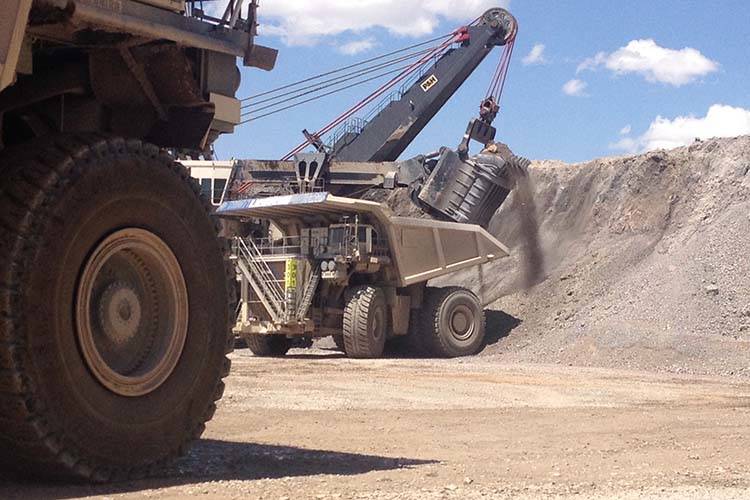COMMENTARY: Is ‘clean’ mining poised to have its moment?
The United Mine Workers of America, the main labor union representing mine workers in the United States, recently endorsed a “green transition” away from fossil fuels to clean energy and sustainable practices. This is huge news, especially given the horrifying health and environmental damage associated with the mining industry over the years.
The announcement coincided with the announcement of the world’s first carbon-neutral copper mine, which Foran Mining Corp. has planned in Canada around a deposit found in McIlvenna Bay, Saskatchewan. Unlike other, extant mines that must retrofit their practices to make them cleaner and more efficient, Foran’s mine will be green by design, using environmentally friendly technologies and carbon-reducing practices from day one.
Environmentalists have a love-hate relationship with mining, and until now mining has been a necessary evil. Mining has helped propel advances in industry and products that enrich our daily lives. We need materials such as zinc and copper for our smartphones, home wiring and automobiles. And we also need these materials to build the sustainable world of the future.
Copper is used throughout electric vehicles and charging stations and in supporting the clean energy infrastructure because of the metal’s durability, high-conductivity and efficiency. Zinc is also a metal we’ll need more of for tomorrow, particularly for powering EVs. Unlike lithium-ion batteries, energy systems built around zinc don’t catch fire. The longer they run, the less costly they are in comparison. This could help to significantly bring down the price of electric vehicles.
The challenge lies in adapting or reimagining mining so that it is both sustainable and safe. Currently, mining activities account for 4 percent to 7 percent of global greenhouse gas emissions. One obvious barrier has been the transition cost to cleaner practices, especially for existing mines that rely on these dirty systems. However, going green from the start actually lowers costs to mine operators.
By reimagining mining from the start of operations, we can utilize high-efficiency technologies — such as fleets of electric freight haulers, solar and wind power and excavation practices not available to older mines — that lower costs to mine operators and to end-users.
At the same time, our understanding of sustainability also means safety for workers, security for our communities and financial stability for working families. Mining is grueling, difficult, remote work. Technology promises clean high-tech jobs, as well as the ability for many workers to remain offsite and be home for dinner. And sensitivity to the people of the lands where mines are located — particularly indigenous people — is also a crucial issue that requires greater partnership, cooperation, engagement and respect.
There are a few reasonable caveats to the good news coming from the mining sector. The mining union has endorsed the Biden administration’s renewable energy policies in exchange for robust training in the transition to new mining occupations. President Joe Biden will face some skepticism now that he has walked back campaign promises to domestic mining companies by suggesting that he will support the use of imported minerals and materials in order to make the energy transition. He needs to unveil his training strategy fast in order to keep the faith with miners.
Second, there remains the challenge of what to do with the existing mines that will continue to operate or be abandoned and hazardous in the transition. The environmental community needs to engage with those operators to identify best practices for cleaning up dirty mines, and local, state and federal governments must aggressively mitigate the risk from abandoned mines by removing physical and environmental hazards and reclaiming the land.
The mining industry is facing a tipping point, accelerated in no doubt by Biden’s environmental targets and incentives and a growing sense that responsible corporate citizenship can reach the farthest, darkest corners of our economy. It is a sign that mining, the quintessential necessary evil, while clearly necessary, no longer has to be evil.
Brian F. Keane is president of SmartPower, a nonprofit marketing firm dedicated to promoting clean energy and energy efficiency. Dan Myerson is CEO of Foran Mining Corp. headquartered in Vancouver, British Columbia.




























